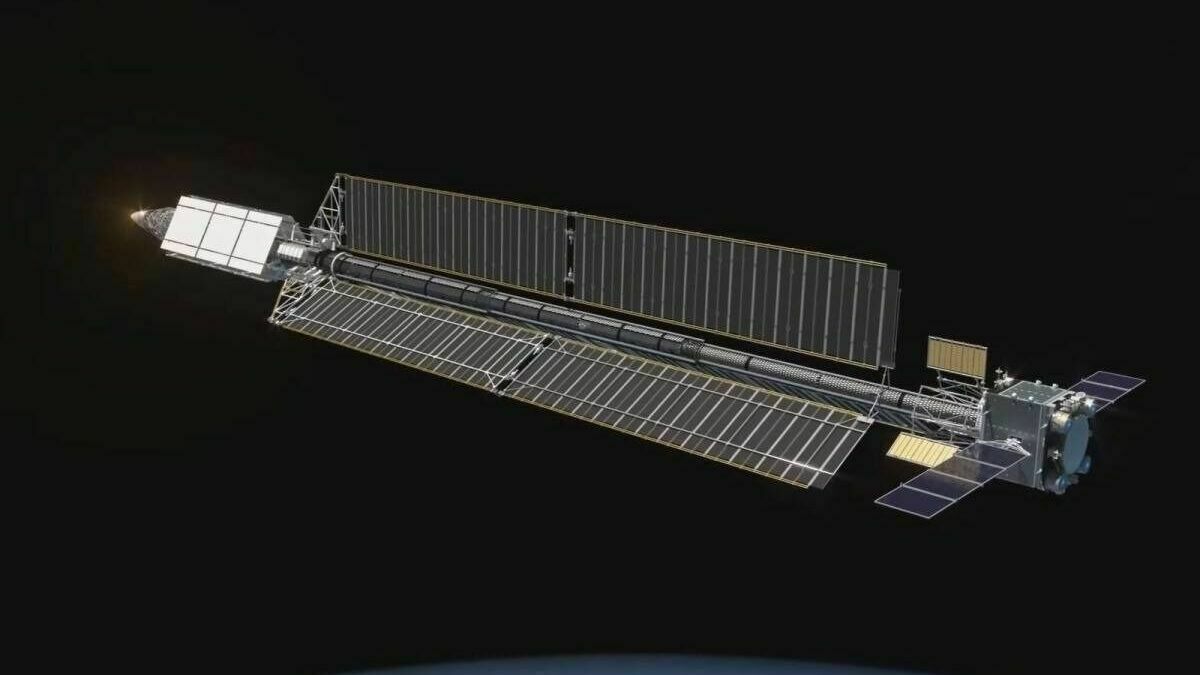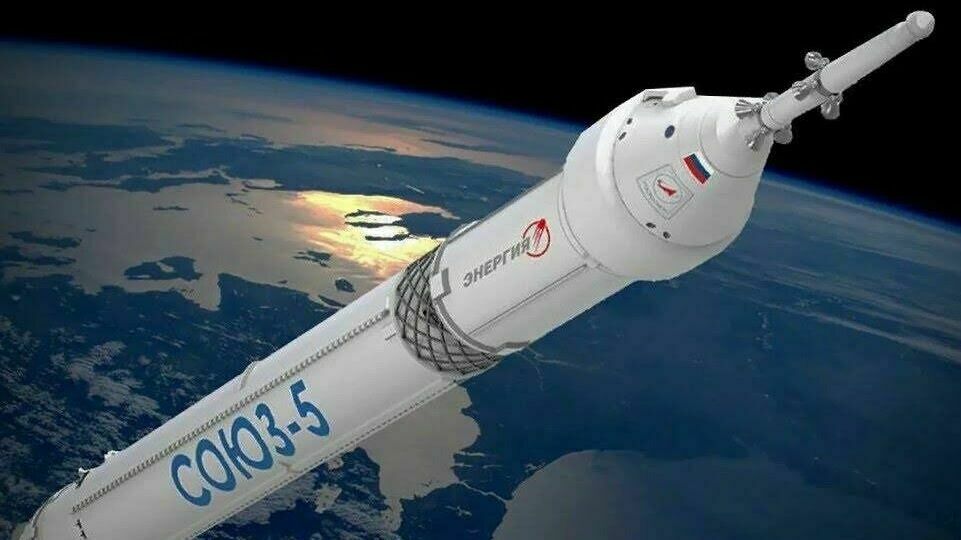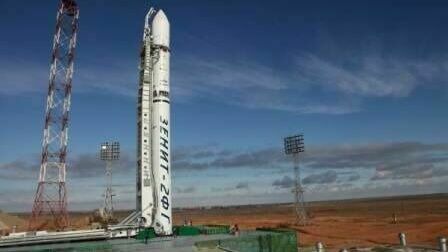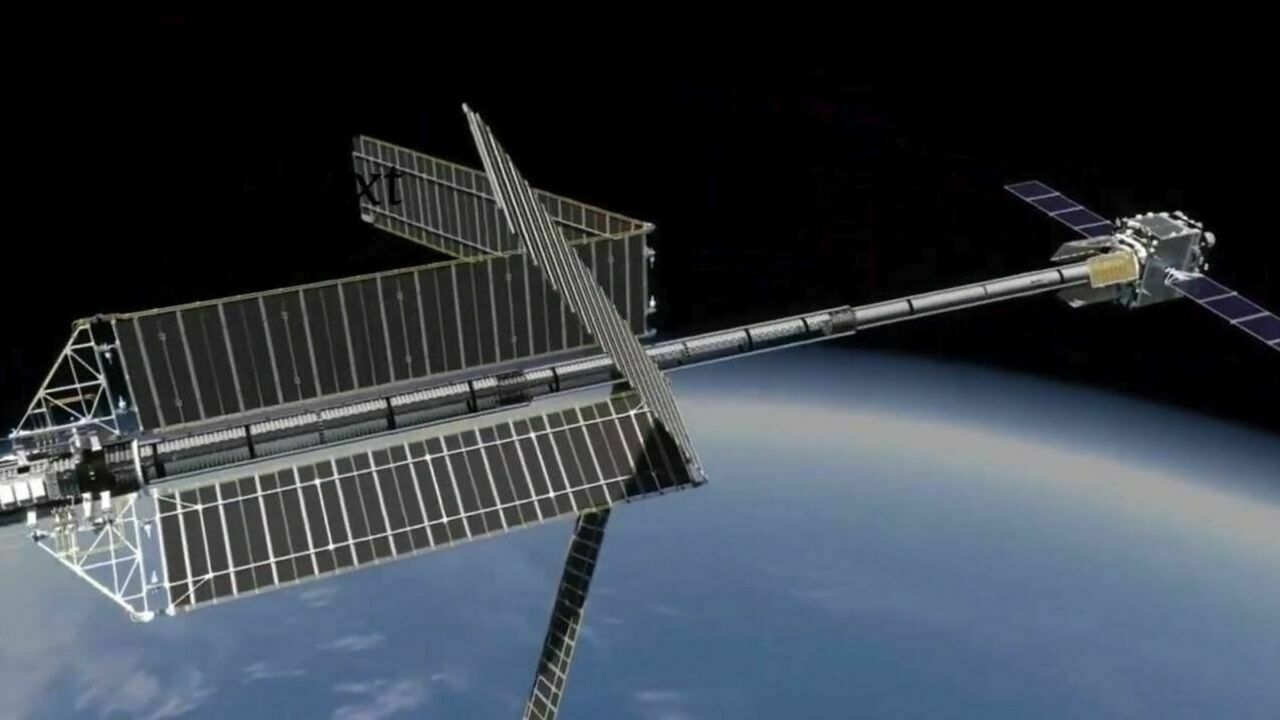Posted 14 апреля 2023, 14:03
Published 14 апреля 2023, 14:03
Modified 14 апреля 2023, 15:11
Updated 14 апреля 2023, 15:11

Dreams and reality: what are the chances of implementing Roscosmos projects?
Experts assessed the reality of the implementation of Roscosmos projects
Victoria Pavlova
The analysis of the first two NI materials for the special project dedicated to the Cosmonautics Day showed that Roscosmos now has about equal problems and opportunities: there are a lot of both.
Everything suggests that the item of expenses for promotion has been mastered well – many pictures of a promising future, sometimes even fantastic, have been drawn. We are looking into whether it is possible to implement all the planned projects in practice, and what will be the place of Roscosmos in the world.
Non-flying missiles
The basis of satellites is electronics, with which things did not work out in Russia.
Even domestic processors "Elbrus" were produced in Taiwan. But missiles are a completely different matter: they require much less, and considerable competencies have been developed. No wonder Roscosmos used to be considered the most important space carrier in the world. There is hope that at least in the field of rocket science it will be possible to make a breakthrough. There are a lot of plans: the development of the Angara project, the almost ready Soyuz-5, the modern Amur, the fantastic Corona.


Philip Terekhov believes that there is no need to be afraid to develop different projects, it is necessary to try something new.
- With all the huge advantages of the R-7 family of rockets (Soyuz rockets - ed.), it is impossible to fly them indefinitely. We need to develop new launch vehicles based on the emerging technologies and hope that they will be successful. Alas, some important parameters can be guessed or not guessed – for example, if Musk had started work on a lighter Falcon 5, as he originally intended, he would have wasted several years on it. And the European Ariane 5 was developed based on the growth of the mass of satellites, which did not happen, and now the launch vehicle launches satellites in pairs, which are not so easy to pick up. When active work on the Angara began, universal rocket modules were considered promising – the designers of the Delta IV and the Atlas 5 project thought the same thing. But there was no breakthrough on both sides of the ocean. Now the engineering "fashion" is methane engines and reusable launch vehicles. Given that Musk is a pioneer here, it is logical to expect that engineers will appear who will take advantage of what works for him, but will do better without repeating the bumps he has stuffed. For example, the return of the first stage by the method of air pick-up at RocketLab allows you to get rid of supports, hydraulics, rudders and fuel reserve for landing, making the rocket more efficient. And a single-stage reusable launch vehicle is something that has been dreamed of since the dawn of cosmonautics, and it is very interesting to see what happens at the GRC. Makeeva.True, there is one single, but very important nuance: in other countries, new launch vehicles built using new technologies appear in reality, not on paper, and begin to fly.
In Russia, the mass of projects remains in the form of a description of the project in words, drawings and pictures. Vitaly Egorov warns that this trend may continue, and new projects may not achieve success.:
- We must first clarify what we mean by success. If the rocket was created and flew into space successfully, we can say it is a success. But we can also talk about economic success - we can talk about examples when rockets were created, flew, and companies go bankrupt - right now this is happening with Virgin Orbit. If we talk about the Amur-LNG, Korona, Soyuz-5 rockets, they will definitely not be successful in the space market, they will not have a demand that allows at least to cover the current operating costs of their production. Why? The main customer of space services is Western countries or countries oriented to the Western market. They will not order anything from Russia now.Russia, being isolated from the main cash flows, can hardly count on commercial success.
But it is necessary to preserve competencies and maintain technological sovereignty. There is always some sense in a new technique. But even here, according to Vitaly Egorov, not everything is smooth.
- Money has been allocated for Soyuz 5, about a billion dollars, they have been mastered, ground tests of the rocket engine have been carried out at the factories, the rocket looks as if it is already in the near future, not in 2023, but in the coming years, it is being prepared for launch, it is real, although unfinished. But Soyuz-5 has big problems for today. The main one is that she has nowhere to fly. Even if by the end of 2023 the rocket will be assembled at the factory. she will not fly anywhere, because there is no spaceport for this. It seems that money from Kazakhstan should have been allocated for the modernization of Baikonur, but Kazakhstan does not want to allocate this money. And Roscosmos cannot do anything until this money comes to it. It is impossible to talk about the success of this rocket, neither commercial nor technical, because there is no such rocket, it is not ready, and it will not fly anywhere either in 2023, or, most likely, in 2024, or maybe never at all. "Amur-LNG" is still only a technical task, that is, a technical description of the rocket. There is no engine for it, there is no rocket itself, the cosmodrome was not even designed for it - that is, it is a paper project, just like the "Crown". But the situation is even worse for the "Crown", the state did not allocate money for it at all. This is the initiative work of the Makeev SRC itself, and there are no prospects for the flight of this rocket. Simply because it is not there, there is no project.


Roscosmos as a premonition. The fate of Russian cosmonautics
The construction of advanced satellites is complicated by the weak development of microelectronics in the country, it will also not work out to make space minibuses out of rockets – there are no customers, with the construction of modern rockets for the sake of maintaining competencies, too, it does not add up yet.
But, on the other hand, it is also impossible to lie that all domestic cosmonautics will now turn into a pumpkin. The tasks that need to be performed will always be – explains Vitaly Egorov:- Roscosmos, of course, will have work for state needs - for the Ministry of Defense, for the Ministry of Communications, Roshydromet and cadastral services.
But orders for these services will not cover the needs of Roscosmos for all plants to work at full capacity. International orders, of course, are needed. But, since the Western world today is not interested in such orders and in such cooperation, it makes sense for Roscosmos to refocus on joint projects with China and on selling its services to countries that do not belong to the Western world. We are talking about the countries of the Middle East or Africa. Maybe India, although India has its own cosmonautics, but it still lags behind Russia in technology and, in principle, would not mind borrowing something, buying something, learning something. Philip Terekhov also believes that Russia will have its own role in world cosmonautics.
Unless, of course, we cut down these directions at the root and manage to negotiate with other countries:
- Work in space is possible without international cooperation. The question is about tasks - for example, it is better to solve national security tasks independently, and scientific ones only benefit from cooperation. And even at the dawn of the space age, during the Cold War, the superpowers managed to cooperate. The British Observatory observed the flights of the first Soviet lunar probes. The USSR tracked changes in the orbit of the American Echo 2 satellite. To date, Russia retains huge competencies in manned cosmonautics. This is an ongoing role - for example, relatively recently, in 2015-2016, NASA for the first time conducted an annual flight of its astronaut, Scott Kelly, in active cooperation with Russia, which still holds the record for the duration of a space flight (Valery Polyakov, 437 days). In the nineties and noughties, Russian competencies accelerated China's manned program. Now the same thing is happening with India – the spacesuits and lodgements of the Indian ship are made in Russia. A similar story with space structures – the details of the docking adapter from RSC Energia are acquired by Boeing and produces IDA adapters for the ISS, which are now joined by Crew Dragon and Boeing Starliner. When Zeus starts flying, its completely unique capabilities will be able to give a new role – now an "orbital cabby". The more unique or advanced competencies our country has, the more such roles will be.


Roscosmos still has opportunities. The question is whether the state corporation will be able to use them. There are very big stakes at stake: either Russia will show that it is a full participant in the space race, or it will slide to the level of a manufacturer of lodgements for Indian cosmonauts.